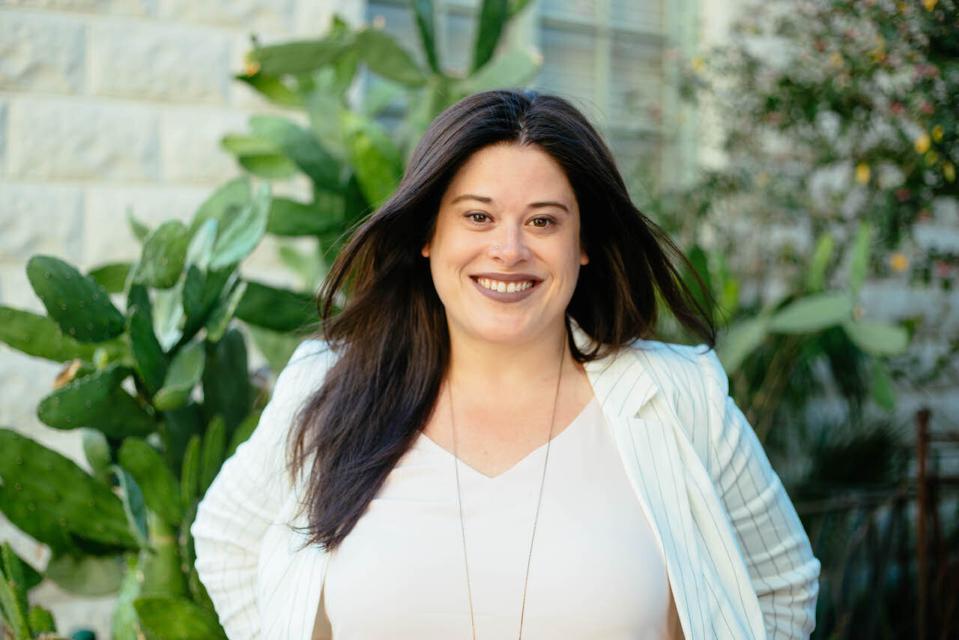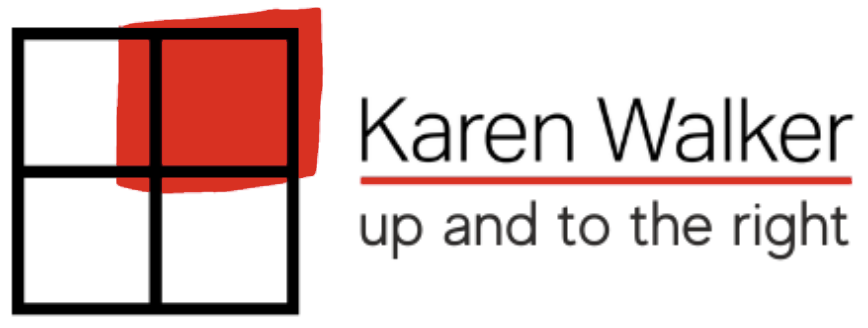
Fast-growing strategy, research & innovation firm Rebel & Co. partners with clients such as Morgan Stanley and Tecovas to help them identify who their customers are, where to find them, what they need and how to deliver it best.
I spoke with Leah Hacker, Founder and CEO, about the company, its methodology, and leadership.
This article has been edited and condensed for clarity.
Rebel & Co. – are you the rebel?
I guess I am, but the name came from my many years in the industry. I started in behavioral research, studying how to help people behave in relationships. Then as I worked with companies over the years, I watched the same patterns emerge.
Clients would come to the table with this massive idea. It was disruptive. Sometimes it looked sexy on a headline. Maybe it was newsworthy, but it lacked value and failed at product-market fit. Many things came into play, but as I watched this dynamic unfold, there was usually a “loudest voice” in the room.
Often, that voice was driving the charge with a lot of deeply held assumptions about how the brand was currently performing, or there were blind spots. Then afterward, I would watch the product from an agency side, and it wouldn’t go anywhere.
As a behavioral researcher, I was curious about how people responded to systems and circumstances, and the choices we make, and why we make them. I started to apply that foundational knowledge to the work I was doing in innovation. And what I found was this: there is a scalable and pragmatic way to move towards creation. And when you do it that way, the outcome, the ROI on the investment, is so much higher. Companies can tap into new opportunities that perhaps they didn’t see before.
Is there a secret sauce that you can share about how you do that?
When I created Rebel & Co, I decided that the only way this would work is if the old rules didn’t apply. We don’t adhere to the “move fast and break things” mentality, but instead work closely with our teams, our clients and our stakeholders. We pull them back to the table and review the research. We talk about what the data is saying and how we can apply this moving forward. As long as Rebel is holding onto our motto of, “If it’s actionable, it’s scalable,” then we’re pushing forward with the client. Our approach was a strong counter stance to the way the entire industry operates around innovation.
We employ a mixed methodology. We marry business analytics with qualitative and market research. The secret sauce, if you will, is that there’s a difference between interesting and useful. As researchers, we find everything interesting. That’s what makes us good at our jobs, but the ability to distinguish what moves the needle for business goals is part of that secret sauce. We look at the data from different angles and different perspectives and ask one type of question in a million different ways to make sure that we’re covering our bases and uncovering blind spots. Still, at the end of the day, it has to be actionable.
You’ve said that since Covid, you’ve been more analog, which is so counter-intuitive. In what ways and why?
I am paying attention to being present and involved. I’m a mom of two, so my life is a little crazy, but I’m making time for people and authenticity and connection. Instead of texting a girlfriend, I pick up the phone and call. As I started doing that, I saw a mirror in the marketplace. People are exhausted from the incoming content. Brands must pay attention to this idea that we are tired in our human capacity to take in information and we eventually tune out things that aren’t necessary. There is a call to brands – the proposition of authenticity and value. I don’t think there has ever been any higher calling than that.
How have you helped your clients with this?
I tell them “We have to go fast to go slow.” Decisions made out of panic are rarely good and rarely strategic. My father used to tell me, “Leah, panic kills,” and it is the same in business. Panic never throttles you towards the goal, and in all cases, there will be casualties.
Rebel labels itself as next- generation research. What does that mean?
Historically, research validates an idea, “Am I right or not?”” But if the goal is to prove someone right, you don’t have to look very far in a connected world for confirmation.
I came up through academics, where the goal isn’t to be right – the goal is to break the idea. We leverage research, some of which is traditional. It’s not magic. What is unique is the way that we unpack it. What has been done? Who failed? Why? How is marketing evolving? Because that will influence us. We require more research than just a “yes, no, stop, go” answer.
We want to know where the blind spots are, and where we will run into trouble down the road so we can mitigate it. And we want to understand how customers are making their decisions.
How did you evolve into the type of leader that you are today?
Early in my career, I landed a position to build a research clinic from the ground up. My first response was, “Absolutely, yes. I’ll have a proposal for you in two days.” I spent the weekend with journals everywhere, sorting it out. I remember feeling like I didn’t have an option, that I would figure it out. It was an excellent opportunity.
Even before I’d graduated with my bachelor’s degree, I was directing a team of researchers, interfacing with physicians and trying to figure out publications and conferences. Every one of those experiences gave me a lesson in leadership: how to follow through, do what I say, and to communicate a narrative clearly.
I also learned when to speak and when not to speak. Sometimes it’s best to step back and let things settle for a minute. I genuinely believe that the assessment of a leader is how successful his or her team is. I take the role very seriously.
How do you lead teams – both at Rebel and with clients ? How do you deal with the inevitable conflict??
My goal is their goal. I communicate clearly, and advocate for business goals as a whole, helping the team become comfortable with saying yes, while not knowing all the answers.
Inevitably, there are uncomfortable conversations. Change is difficult. We act as a voice of reason, ensuring that we are offering a real value proposition. We always take the conversation back to the data, to what we know to be true in the marketplace. And because of the way we partner with our clients, those conversations get easier over time.
You build trust. It sounds like you are creating high-performance partnerships. And once again, you are “saying yes” to the unknown.
The first step is always the hardest. One hundred percent of the time on this journey, I said “yes,” and thought, “I’ll figure it out later. And the journey continued.”
